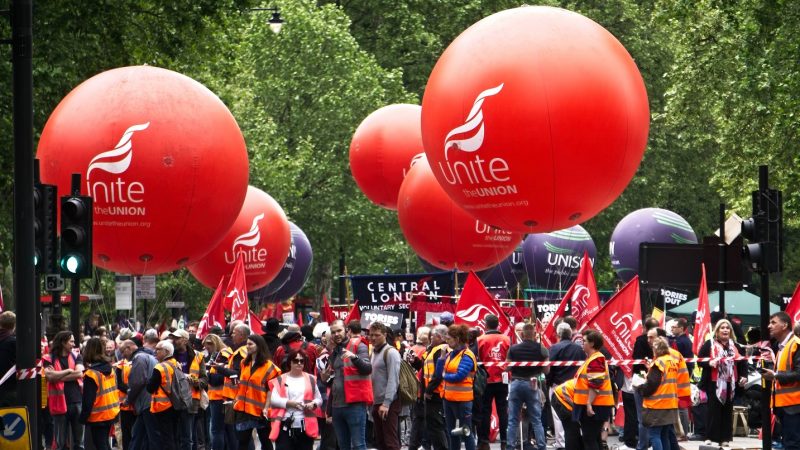Heating and electricity bills will rise again this winter. That means energy companies will continue to rake in obscene profits, while working people struggle and pensioners shiver without their fuel allowance."

The energy price cap is set to rise yet again to an average annual £1,717 from October, the industry regulator Ofgem has announced.
Ofgem announced the widely expected hike earlier today, noting it would add around £12 a month to an average bill. Chief Executive Jonathan Brearley said in a statement, “We know that this rise in the price cap is going to be extremely difficult for many households.”
The announcement has been condemned by charities and anti-poverty campaigners across the country, with households continuing to struggle with the cost of living.
Meanwhile, the boss of Ofgem has been slammed as “disgraceful” after explaining that the reason the price cap is being lifted by 10% is to allow energy companies to make a “small profit”.
Brearley was asked for the reasoning behind lifting the cap by 10% on BBC Breakfast, to which he replied: “The main reason is that the price cap is designed in a way that energy companies can recover fair costs and a small profit, but no more than that.”
His justification for the rise in the price cap has caused widespread condemnation especially among the trade union movement.
Trade union Unite, slammed the obscene profits being made by energy companies. Unite general secretary Sharon Graham said: “Heating and electricity bills will rise again this winter. That means energy companies will continue to rake in obscene profits, while working people struggle and pensioners shiver without their fuel allowance.
“These are the wrong choices when there is an overwhelming case for taking energy out of the hands of the profiteers and owning it ourselves.”
Andy Prendergast, GMB National Secretary, said: “The price cap increase is a reflection of 14 years of failed policies and a lack of investment for which households are paying a heavy price.
“It’s encouraging that the new Government is taking the first steps to sorting this out, but it has to be based on tried and tested methods, not fantasy solutions.”
The RMT meanwhile has slammed energy companies for resisting a windfall tax.
Over 40 companies have warned that plans for an increased windfall tax threatened investment in all forms of domestic energy, including renewables despite having already slashed over 200,000 jobs and actively blocked publicly funded measures like an offshore training passport.
RMT general secretary Mick Lynch described corporate complaints against a small rise in a windfall tax first implemented by the Tories as rank hypocrisy.
“We are only talking about a three per cent increase of windfall taxes on oil and gas profits from to 78 per cent to bring the UK in line with Norway.
“When the public are facing a 10 per cent increase in their energy bills, a three per cent increase in tax on oil and gas profits will be seen as entirely reasonable.
“These companies should concentrate on investment in people and skills and developing positive engagement with trade unions, and supporting the extension of sectoral collective bargaining rights for all workers across the supply chain.
“This is the key to a successful energy transition as oil and gas volumes are gradually reduced for alternative greener fuels in the years ahead.”
Basit Mahmood is editor of Left Foot Forward
Left Foot Forward doesn't have the backing of big business or billionaires. We rely on the kind and generous support of ordinary people like you.
You can support hard-hitting journalism that holds the right to account, provides a forum for debate among progressives, and covers the stories the rest of the media ignore. Donate today.



